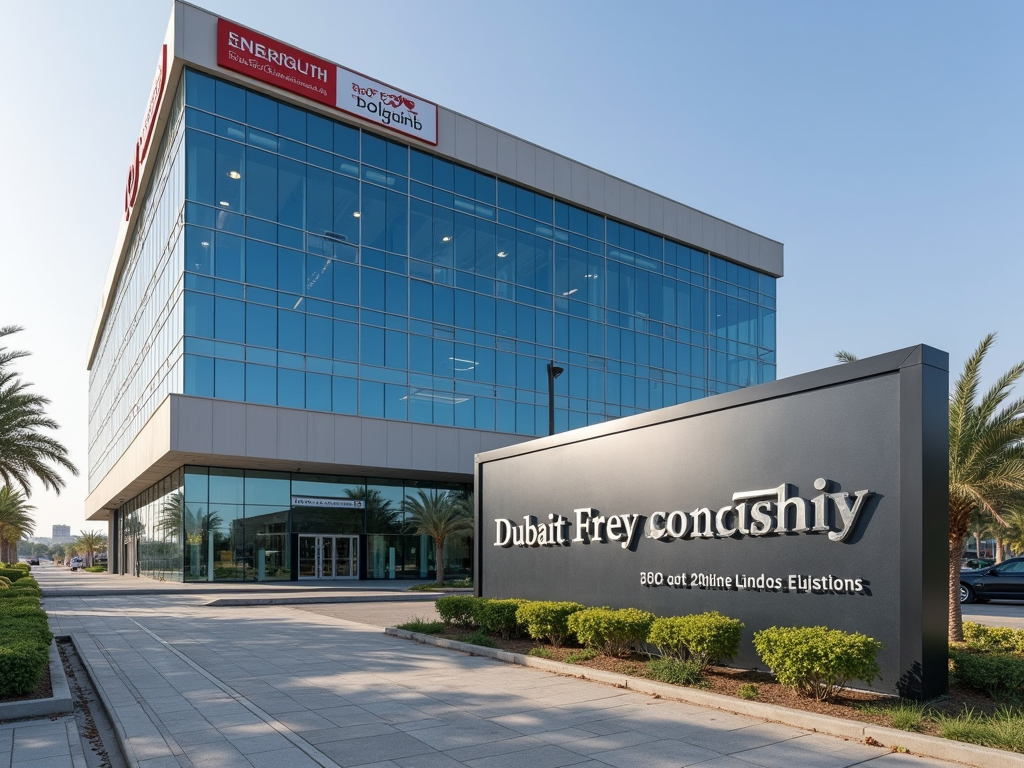Choosing the right legal structure for a business in Dubai is crucial for ensuring compliance and optimizing operational efficiency. Two of the most popular options are Limited Liability Companies (LLCs) and Free Zone Companies. Both structures have distinct characteristics that can significantly impact ownership, taxation, and operational flexibility. This article aims to compare LLCs and Free Zone Companies, highlighting their key differences and helping entrepreneurs make informed decisions based on their business needs.
Understanding LLCs in Dubai

Limited Liability Companies (LLCs) are one of the most common business structures in Dubai. They are favored by many due to their flexibility and the protection they offer to business owners. An LLC can have between 2 to 50 shareholders, and it limits the liability of these shareholders to their capital contributions. This feature is particularly attractive as it safeguards personal assets from business debts. LLCs are also required to have a local Emirati partner who holds a minimum of 51% of shares, making it essential for foreign investors to form partnerships.
The requirements to set up an LLC include obtaining a business license, registering the business name, and complying with the local regulations laid down by the Department of Economic Development (DED). Additional advantages of LLCs include:
- Flexibility in profit distribution, allowing shareholders to agree on profit margins.
- Access to the local market, enabling businesses to trade directly within Dubai and the wider UAE.
- Possibility to operate multiple activities under a single license.
- Enhanced credibility with customers and suppliers, as LLCs are often seen as more established entities.
Exploring Free Zone Companies

Free Zone Companies provide an alternative business structure in Dubai, designed primarily to encourage foreign investment. Setting up a business in one of Dubai’s numerous free zones offers unique benefits such as full ownership rights, meaning foreign entrepreneurs do not need a local partner. Additionally, businesses established in free zones can enjoy a 100% tax exemption on corporate income for a specific period, often extending decades. Free zone companies also benefit from the flexibility to repatriate profits and capital without restrictions.
The trade restrictions, however, need to be considered. Free Zone Companies can trade only within their respective free zones or internationally, but cannot operate directly in the UAE market. Requirements for setting up a Free Zone Company include:
- Choosing a free zone that aligns with the business activity.
- Submitting the necessary documentation, including a business plan.
- Obtaining the relevant business licenses from the free zone authority.
- Opening a corporate bank account and dealing with setup costs.
When deciding between LLCs and Free Zone Companies, it is essential to weigh various factors that could affect business operations. Here are some of the critical differences between the two:
- Ownership: LLCs require a local partner, while Free Zone Companies allow full foreign ownership.
- Location of Business: LLCs can operate anywhere in Dubai and the UAE, while Free Zone Companies are limited to their specific zones.
- Taxation: Both structures offer attractive tax benefits, but Free Zones often have more prolonged tax exemptions.
- Shareholder Liability: Both structures limit liability, but LLCs involve a local partner with a minimum share.
- Compliance and Regulations: LLCs are subject to more regulatory scrutiny compared to the relatively lenient guidelines in Free Zones.
Conclusion
In conclusion, selecting between an LLC and a Free Zone Company in Dubai depends on your business objectives and operational needs. LLCs are ideal for those seeking to tap directly into the UAE market with a local partner, while Free Zone Companies cater to entrepreneurs looking for full ownership and favorable tax conditions. Thorough research and understanding of both structures will aid business owners in making a choice that aligns with their goals and strategies in the competitive Dubai market.
Frequently Asked Questions
1. Can a foreign investor establish an LLC in Dubai?
Yes, a foreign investor can establish an LLC in Dubai, but they must have a local Emirati partner who holds at least 51% of the shares.
2. Are Free Zone Companies required to have a local sponsor?
No, Free Zone Companies allow complete foreign ownership and do not require a local sponsor or partner.
3. Can Free Zone Companies operate outside their designated zones?
Free Zone Companies can trade internationally but cannot operate in the local UAE market without setting up an LLC.
4. What are the tax benefits of setting up an LLC in Dubai?
LLCs benefit from a low corporate tax rate and the absence of personal income tax, making it attractive for business owners.
5. How long does it take to set up an LLC or a Free Zone Company in Dubai?
Setting up an LLC can take several weeks due to regulatory processes, while establishing a Free Zone Company can often be completed in a matter of days, depending on the free zone’s regulations.


